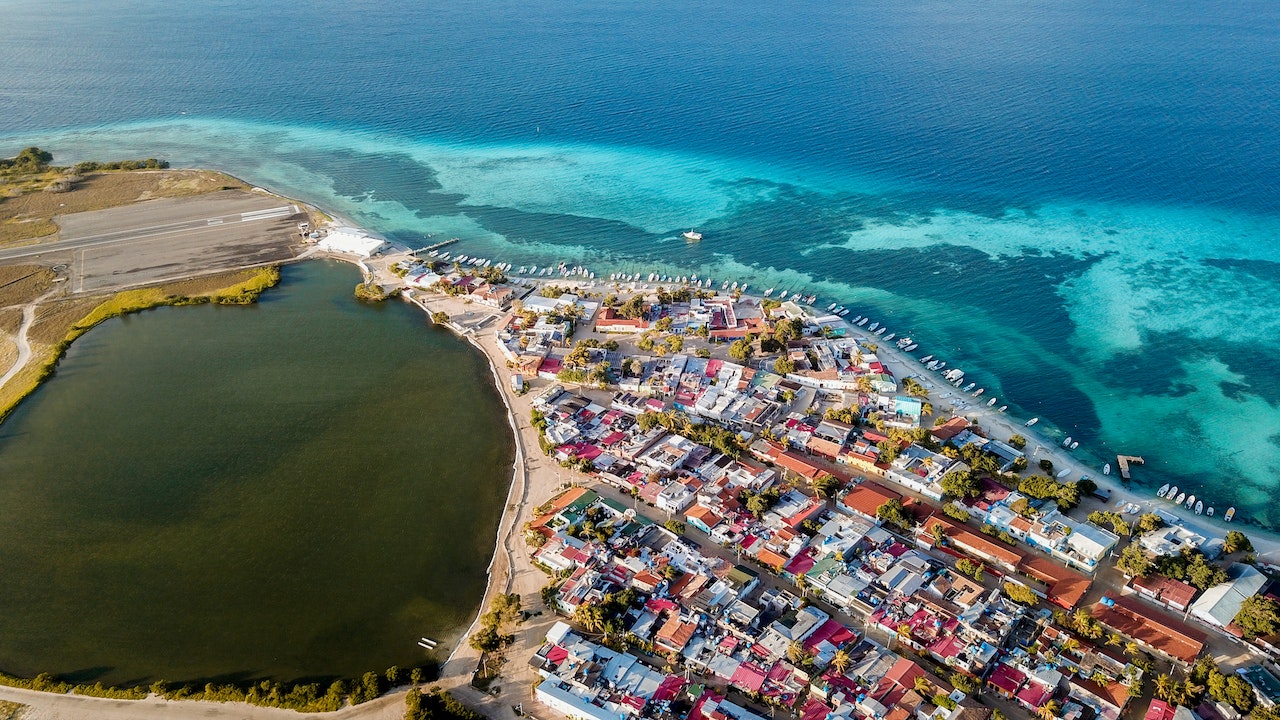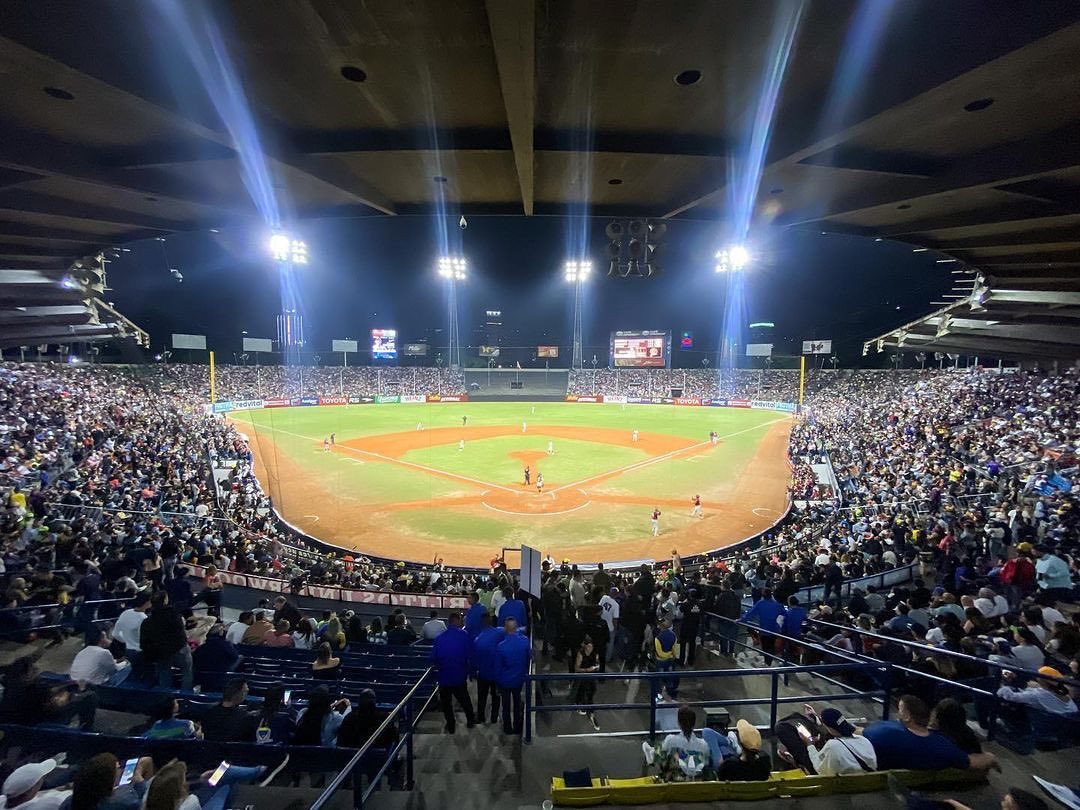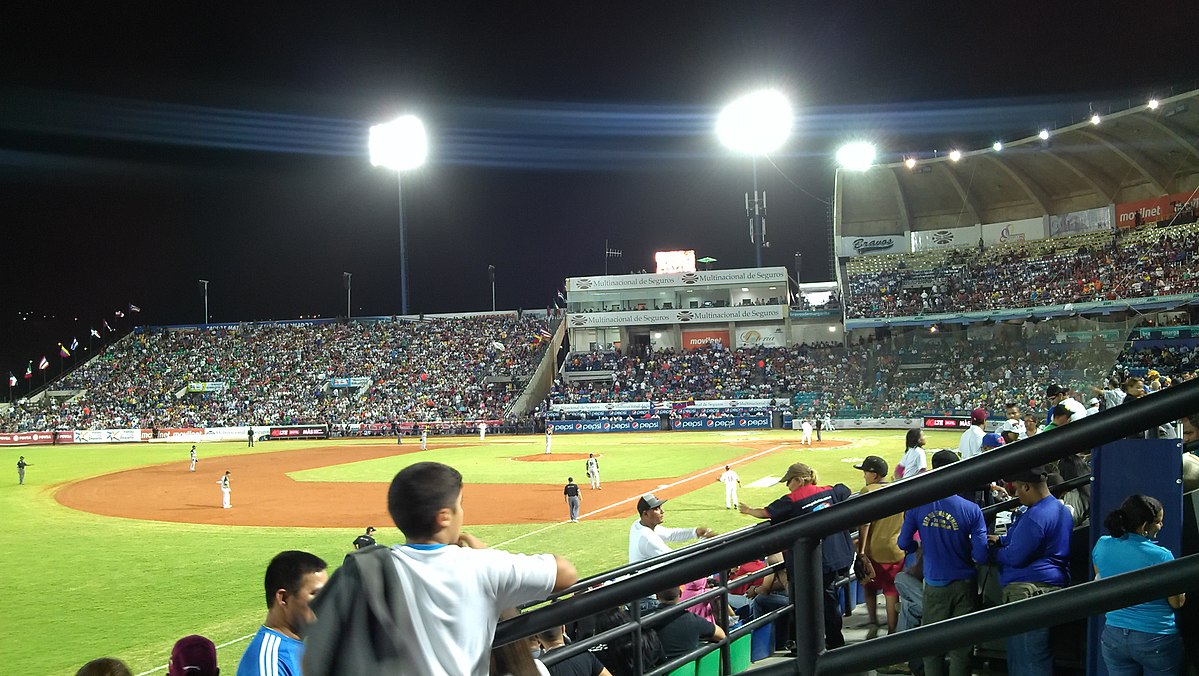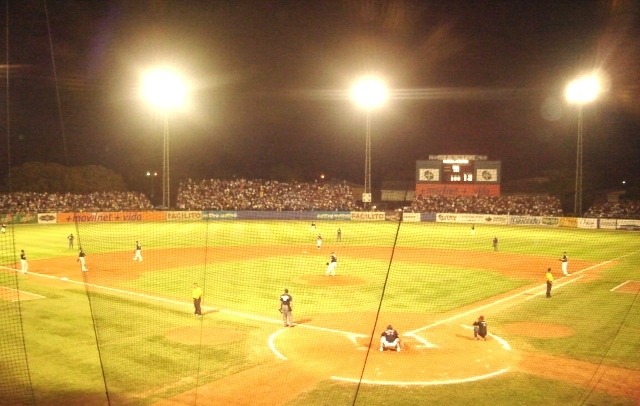Venezuela’s national sport is baseball, which emerged as a result of American oil firms’ cultural impact in the early 20th century. American immigrants and employees from Venezuela’s booming oil sector introduced baseball to the country during the end of the 1910s and the start of the 1920s.
History
Baseball experienced its greatest burst in Venezuela in 1941, the year of the Baseball World Cup in Havana, when the national team of Venezuela overcame Cuba in the championship match. The media and the group’s followers called them “Los Héroes del ’41” (The Heroes of ’41). Since then, baseball has grown to become the most well-liked sport in the nation, a title it still holds today. The Venezuelan Professional Baseball League (VPBL), the primary baseball league in the country, was established in 1945. This achievement gave the sport motivation to flourish on its own.
The Leones del Caracas lead the VPBL, a winter league that was founded in 1945; another top club is Valencia’s Navegantes del Magallanes, founded in 1917. In the league right now, there are 8 teams. Teams connected to Major League Baseball (MLB) clubs play in the Venezuelan Summer League, which was founded in 1997. The teams in the Liga Paralela serve as development squads for VPBL clubs. It is a minor winter league in Venezuela. A summer league circuit called the Venezuelan Major League was established in 2021.
The Caribbean Series has been won by Venezuelan teams several times. The Venezuelan national baseball team won the Pan American Games baseball competition in 1959 as well as the Baseball World Cup on many occasions in the 1940s. The squad placed seventh in the 2009 World Baseball Classic and third in the first edition, however, they are now in tenth place.
Since 1939, more than 350 Venezuelans have participated in Major League Baseball. As of Opening Day 2014, 59 Venezuelans were active in MLB, which is the second-highest number of any nation (behind the Dominican Republic). The Luis Aparicio Award was created in 2004 to pay tribute to Luis Aparicio, the lone Venezuelan baseball player to be elected to Cooperstown, New York’s National Baseball Hall of Fame.
In 2010, just six MLB clubs still had training facilities in Venezuela, compared to 21 in 2002. Rough ties between the United States and Venezuela and the proliferation of MLB franchises there, which increases talent competition there, are two potential causes of the downturn.
Some Venezuelan baseball players have occasionally been impacted by the high crime rates there. Wilson Ramos, a catcher with the Washington Nationals, was abducted in November 2011 while traveling to play for his Tigres de Aragua team in the Venezuelan winter league. He was found uninjured two days later by police commandos in the Carabobo state highlands. Eight individuals were detained during the abduction.
9 Venezuelans were among the 50 players that competed in the 2012 Major League Baseball World Series.
Baseball stadiums in Venezuela
There are several baseball stadiums in Venezuela where both amateur and professional games are played. Here are a few of Venezuela’s famous baseball stadiums:
1. Estadio Universitario de Caracas
The Estadio Universitario de Caracas, located in Caracas, the country’s capital, is the largest baseball stadium in Venezuela. It is the home of the Caracas Lions, one of the most prosperous teams in the Venezuelan Professional Baseball League. It has a capacity of about 24,900 spectators.
2. Estadio José Pérez Colmenares
Another renowned baseball stadium in Venezuela is the Estadio José Pérez Colmenares, which is located in Maracay. It serves as the home field for the Aragua Tigers, another team in the Venezuelan Professional Baseball League, and has a capacity of around 18,000 people.
3. Estadio Luis Aparicio “El Grande”
The Maracaibo stadium is known as Estadio Luis Aparicio “El Grande” and is named for the renowned Venezuelan baseball star Luis Aparicio. It can hold around 18,000 people and serves as the Zulia Eagles’ home field in the Venezuelan Professional Baseball League.
4. Estadio Antonio Herrera Gutiérrez
The Lara Cardinals are a club in the Venezuelan Professional Baseball League, and they play at the Estadio Antonio Herrera Gutiérrez en Barquisimeto. It has a seating capacity of around 18,000 and is renowned for its intense baseball environment.
5. Estadio Nueva Esparta
The Estadio Nueva Esparta, located on Margarita Island, is a well-liked location for baseball games. It serves as the home field for the Venezuelan Professional Baseball League team Margarita Braves. There are about 14,500 seats available at the stadium.
These are only a few of the many baseball stadiums that exist in Venezuela. Baseball has a long history in this country, and there are stadiums in many cities and towns where different levels of competition are played.
5 famous players from Venezuela
Venezuela has produced more Major League talent than any other foreign country, second only to the Dominican Republic. 244 position players have represented Venezuela among the 421 players who have made at least one major league appearance since 1939. They have everything from quick infielders to fearsome sluggers in their ranks.
1. Miguel Cabrera (2003 – present)
Career highlights include winning the 2003 World Series, two AL MVP Awards, 11 All-Star Game selections, seven Silver Slugger Awards, four AL hitting crowns, and the 2012 Triple Crown.
Miguel Cabrera is not just the greatest position player of all time who was born in Venezuela, but also one of the finest pure hitters of his generation. He is simply one of this generation’s top attacking talents. In his heyday, the first baseman for the Tigers earned back-to-back MVP Awards (2012–13) and four batting crowns in five years (2011–15). In terms of home runs, hits, and RBIs among all active players, Cabrera is second only to Albert Pujols. Cabrera has the most career bWAR of any citizen at 69.3.
Since 1967, just one Major Leaguer—Carlos Cabrera—has won all three major league baseball championships. He did so in 2012 after dominating the American League with a. 44 home runs, 139 RBIs, and a 330 average.
In 1999, Cabrera joined the Marlins as an amateur free agent from Venezuela, and in 2003, during his first Major League season, he contributed to the team’s World Series victory. Detroit received him in a trade in December 2007. The Maracay native may have already achieved 3,000 hits if not for the ailments that have troubled him recently. The coveted number is undoubtedly within his grasp given that he is 37 years old and under contract till at least 2023. Cabrera’s place in the Hall of Fame seems assured, regardless of whether he succeeds.
2. Luis Aparicio (1956 – 73)
Career highlights include being named to 13 All-Star Games, winning nine Gold Glove Awards, winning the 1966 World Series, being inducted into the Baseball Hall of Fame in 1984, and stealing 506 bases.
Aparicio, who was born in Venezuela and is the first and only player from that country to have a plaque at Cooperstown, made his debut in 1956 with the White Sox, and his game-changing speed contributed to the resurgence of the stolen base.
Aparicio, who was 19 when he signed as an amateur free agent, won the 1956 American League Rookie of the Year award by hitting.266/.311/.341 in 152 games while leading the league with 21 stolen bases. He set an MLB record by leading the Junior Circuit in stolen bases for nine straight seasons beginning that year. With 506 stolen bases, he has the most of any player born in Venezuela.
Aparicio was moved by the White Sox to Baltimore in 1963, where he played the following five years and earned his lone World Series ring. With a comeback to the White Sox and three seasons in Boston, Aparicio concluded his playing career.
Aparicio turned into a superb defensive shortstop with nine Gold Gloves after making a career-high 35 mistakes as a rookie. Amazingly, Aparicio never played any other position on the field than shortstop, not even for an inning. With a 55.9 WAR, he comes in third among players born in Venezuela.
3. Bobby Abreu (1996 – 2012)
Career highlights include being selected for two All-Star Games, winning the 2004 Silver Slugger Award, and the 2005 National League Gold Glove.
In 18 Major League seasons, Abreu only won one Gold Glove Award and one Silver Slugger Award, which belies his remarkable offensive output. He was, so to speak, underappreciated.
Abreu had 2,470 hits, 288 home runs, and 400 stolen bases throughout the course of a career that saw him play for the Astros, Phillies, Angels, Yankees, Dodgers, and Mets. He also had a slash line of.291/.395/.475. He is a methodical hitter with extra-base power who is tied for 24th all-time with 574 doubles and ranks 20th with 1,476 career walks. No one played in more Major League games (2,173) from 1999 to 2011 than Abreu. He ranks second among Venezuelan-born players in home runs and WAR (60.0), and fourth in hits.
Although it may be argued that Abreu’s Hall of Fame candidacy merits further examination, it seems unlikely that he will be admitted. He garnered 5.5 percent of the votes cast by the Baseball Writers’ Association of America in his first year on the ballot in 2020, which was just enough to keep him on the ballot but well short of the necessary 75 percent threshold for induction.
4. Omar Vizquel (1989-2012)
Career highlights include three All-Star Game appearances and eleven Gold Glove Awards.
During his 24-year Major League career, Vizquel put up solid offensive stats (.272/.336/.352 slash line, 2,877 hits, 951 RBIs, and 404 stolen bases in more than 2,900 games), but his exceptional fielding was what made him famous. Vizquel, one of the finest defensive shortstops in baseball history, won 11 Gold Gloves, including nine in a row starting in 1993. He has the highest career shortstop fielding percentage (.985) and the most shortstop double plays (1,734) in MLB history.
With a .333/.397/.436 batting line, 42 stolen bases, a career-high 112 runs scored for Cleveland, and the second of three All-Star berths, Vizquel had his greatest offensive year in 1999. The Caracas native ranks fourth with a 45.6 WAR and leads all position players of Venezuelan descent in hits.
Vizquel, who made his debut at age 22 and retired at age 45, first came on the ballot for the Hall of Fame in 2018, and his popularity has grown yearly since then. He earned 52.6 percent of the BBWAA’s votes in 2020. To accomplish the required 75 percent, he has seven more years.
5. José Altuve (2011-present)
Career highlights include the 2017 American League MVP Award, six All-Star Game selections, five Silver Slugger Awards, three AL hitting crowns, a 2015 Gold Glove, and the 2017 World Series victory.
Altuve may rank higher if we come back to this list in a few years, assuming injuries do not keep him off the field. However, with 36.3 WAR in his 10 MLB seasons and a ton of awards to his credit, the Astro’s second baseman is already being discussed as one of the greatest Venezuelan-born position players of all time.
From 2014 through 2017, Altuve, 30, led the AL in hits four times in a row. During that time, he also won three batting championships. After hitting .346/.410/.547 with 24 home runs and 81 RBIs on his route to helping Houston win its first World Series in team history, Altuve joined Cabrera as the only Venezuelan-born player to earn an MVP Award.
Conclusion
In conclusion, historical, cultural, and socioeconomic elements may all be credited for baseball’s success in Venezuela. The country’s love of competition and sense of national pride, the sport’s early 20th-century introduction, accessibility, and cost, and other factors have all contributed to its ongoing appeal. Baseball has won the hearts of Venezuelans as their cherished national sport, fostering a feeling of identity, cohesion, and joy while also generating some of the game’s finest players who have made a lasting impression.





